Who was Rumi?
“Your task is not to seek for love, but merely to seek and find all the barriers within yourself that you have built against it.”
― Rumi
Jalal ad-Din Muhammad Rumi, more popularly known as Rumi, was a 13th-century Persian poet, Sufi mystic, and Islamic scholar whose profound spiritual teachings and evocative poetry have transcended time and cultural boundaries. His works, which explore themes of love, unity, and the search for the divine, have not only influenced Islamic thought but have also found resonance in various fields, including psychology. In particular, Rumi’s ideas have striking parallels with the psychological theories of Carl Jung, especially his concept of the individuation process. This article will delve into the key aspects of Rumi’s mystical poetry and examine how they relate to Jungian psychology and the path of personal transformation.
Rumi’s Life and Spiritual Awakening:

Rumi was born on September 30, 1207, in Balkh, present-day Afghanistan. His father, Baha ud-Din Walad, was a renowned Islamic scholar and Sufi mystic. In 1219, to escape the impending Mongol invasion, Rumi’s family fled to Konya, Anatolia (now Turkey), where he spent most of his life.
Rumi’s spiritual journey took a transformative turn in 1244 when he met Shams-e Tabrizi, a wandering Sufi dervish. The intense spiritual connection and profound love between Rumi and Shams had a profound impact on Rumi’s life and poetry. Shams’s sudden disappearance (and alleged murder) in 1248 left Rumi devastated but also awakened in him a deep longing for the divine, which found expression in his prolific outpouring of mystical poetry.
Timeline of Rumi’s Life:
1207:
Jalal ad-Din Muhammad Rumi is born on September 30 in Balkh, present-day Afghanistan.
1219:
Rumi’s family flees Balkh due to the impending Mongol invasion and settles in Konya, Anatolia (now Turkey).
1231:
Rumi succeeds his late father, Baha ud-Din Walad, as the head of the madrasa (religious school) in Konya.
1244:
Rumi meets Shams-e Tabrizi, a wandering Sufi dervish, which marks a turning point in his spiritual journey.
1248:
Shams disappears mysteriously, allegedly murdered by Rumi’s jealous disciples.
1249-1252:
Rumi experiences intense grief and spiritual longing, which inspire his early poetry, including the Diwan-e Shams-e Tabrizi.
1252-1253:
Rumi befriends Salah ud-Din Zarkub, a goldsmith, who becomes his spiritual companion and inspires his poetry.
1258:
After Salah ud-Din’s death, Rumi’s scribe and favorite student, Husam ud-Din Chelebi, becomes his spiritual companion and the inspiration for his magnum opus, the Mathnawi.
1260:
Rumi begins dictating the first book of the Mathnawi to Husam ud-Din.
1273:
Rumi completes the sixth and final book of the Mathnawi.
1273:
Rumi falls ill and predicts his own death.
1273:
On December 17, Rumi passes away in Konya. His death is mourned by followers of diverse faiths, and his funeral is attended by thousands.
1274:
Rumi’s son, Sultan Walad, founds the Mevlevi Order, also known as the Whirling Dervishes, to preserve and propagate his father’s spiritual teachings.
The Mathnawi and Rumi’s Poetic Legacy:
 Rumi’s most renowned work, the Mathnawi, is a vast collection of spiritual teachings and stories, often referred to as the “Quran in Persian.” Composed of six books and over 25,000 verses, the Mathnawi explores the spiritual journey of the soul, the nature of love, and the path to unity with the divine.
Rumi’s most renowned work, the Mathnawi, is a vast collection of spiritual teachings and stories, often referred to as the “Quran in Persian.” Composed of six books and over 25,000 verses, the Mathnawi explores the spiritual journey of the soul, the nature of love, and the path to unity with the divine.
Rumi’s poetry is characterized by its rich symbolism, profound insights, and universal themes. He employs various metaphors, such as the lover and the beloved, the mirror and the reflection, and the reed flute and the divine breath, to convey the soul’s longing for the divine and the ecstatic experience of spiritual union.
Rumi’s Concept of Love and the Unity of Being:
At the core of Rumi’s teachings is the idea of love as a transformative force that leads to the realization of the unity of all existence. For Rumi, love is not merely an emotion but a spiritual path that dissolves the boundaries between the lover and the beloved, the self and the other, and ultimately, the human and the divine.
Rumi’s poetry often speaks of the “annihilation” (fana) of the ego and the “subsistence” (baqa) in the divine. This concept bears a striking resemblance to Jung’s idea of the individuation process, which involves the integration of the conscious and unconscious aspects of the psyche and the realization of the Self, the archetype of wholeness and the divine within.
The Resonance with Jungian Psychology:
Carl Jung, the Swiss psychiatrist and founder of analytical psychology, was deeply influenced by mystical and spiritual traditions, including Sufism. Jung’s concept of the collective unconscious, which he described as a universal layer of the psyche containing archetypal symbols and patterns, resonates with Rumi’s idea of the unity of being and the interconnectedness of all existence.
Moreover, Jung’s emphasis on the importance of integrating the shadow, the repressed or unconscious aspects of the self, parallels Rumi’s teachings on the need to embrace and transform the ego’s limitations and desires. Both Jung and Rumi recognized that the path to wholeness and self-realization involves confronting and transcending the dualities and oppositions within the psyche.
“The minute I heard my first love story,
I started looking for you, not knowing
how blind that was.
Lovers don’t finally meet somewhere.
They’re in each other all along.”
-Rumi
Rumi’s Poetry and the Individuation Process:
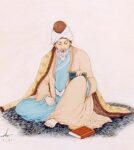 Rumi’s poetry can be seen as a guide to the individuation process, as it describes the soul’s journey from separation and duality to unity and wholeness. The recurring theme of the lover seeking the beloved can be understood as the ego’s search for the Self, the divine within.
Rumi’s poetry can be seen as a guide to the individuation process, as it describes the soul’s journey from separation and duality to unity and wholeness. The recurring theme of the lover seeking the beloved can be understood as the ego’s search for the Self, the divine within.
Rumi’s emphasis on the transformative power of love and the need to surrender the ego’s attachments echoes Jung’s idea of the Self as the guiding principle of the individuation process. Just as the lover must abandon the illusion of separateness to unite with the beloved, the ego must let go of its identification with the persona and embrace the deeper, more authentic aspects of the psyche.
Implications for Psychotherapy and Personal Growth:
Rumi’s mystical poetry offers a rich source of insight and guidance for those seeking personal growth and transformation. By engaging with Rumi’s teachings, individuals can gain a deeper understanding of the nature of the self, the role of love and surrender in spiritual development, and the importance of embracing the full spectrum of human experience.
In the context of psychotherapy, Rumi’s ideas can inform approaches that emphasize the integration of the mind, body, and spirit, such as transpersonal psychology and mindfulness-based therapies. By working with metaphors, symbols, and stories from Rumi’s poetry, therapists can help clients connect with the deeper layers of their psyche and access the wisdom and guidance of their own inner knowing.
Moreover, Rumi’s emphasis on the unity of being and the interconnectedness of all existence can foster a sense of compassion, empathy, and social responsibility. By recognizing the fundamental oneness of all beings, individuals can cultivate a more inclusive and ethical approach to their relationships and their engagement with the world.
Rumi’s mystical poetry, with its timeless wisdom and profound insights into the human condition, continues to inspire and transform countless lives across the globe. By exploring the resonance between Rumi’s teachings and the psychological theories of Carl Jung, we can gain a deeper appreciation for the transformative power of love, the importance of self-knowledge, and the ultimate goal of human existence – the realization of our essential unity with the divine.
As we navigate the challenges and complexities of modern life, Rumi’s words offer a beacon of hope and a guide to the inner journey of the soul. By embracing the path of love and surrender, we can transcend the limitations of the ego, heal the wounds of separation, and awaken to the truth of our being. In doing so, we not only transform ourselves but also contribute to the collective awakening of humanity, moving closer to the vision of unity and harmony that lies at the heart of Rumi’s poetic legacy.
Rumi’s Spiritual Lineage and Sufi Tradition:
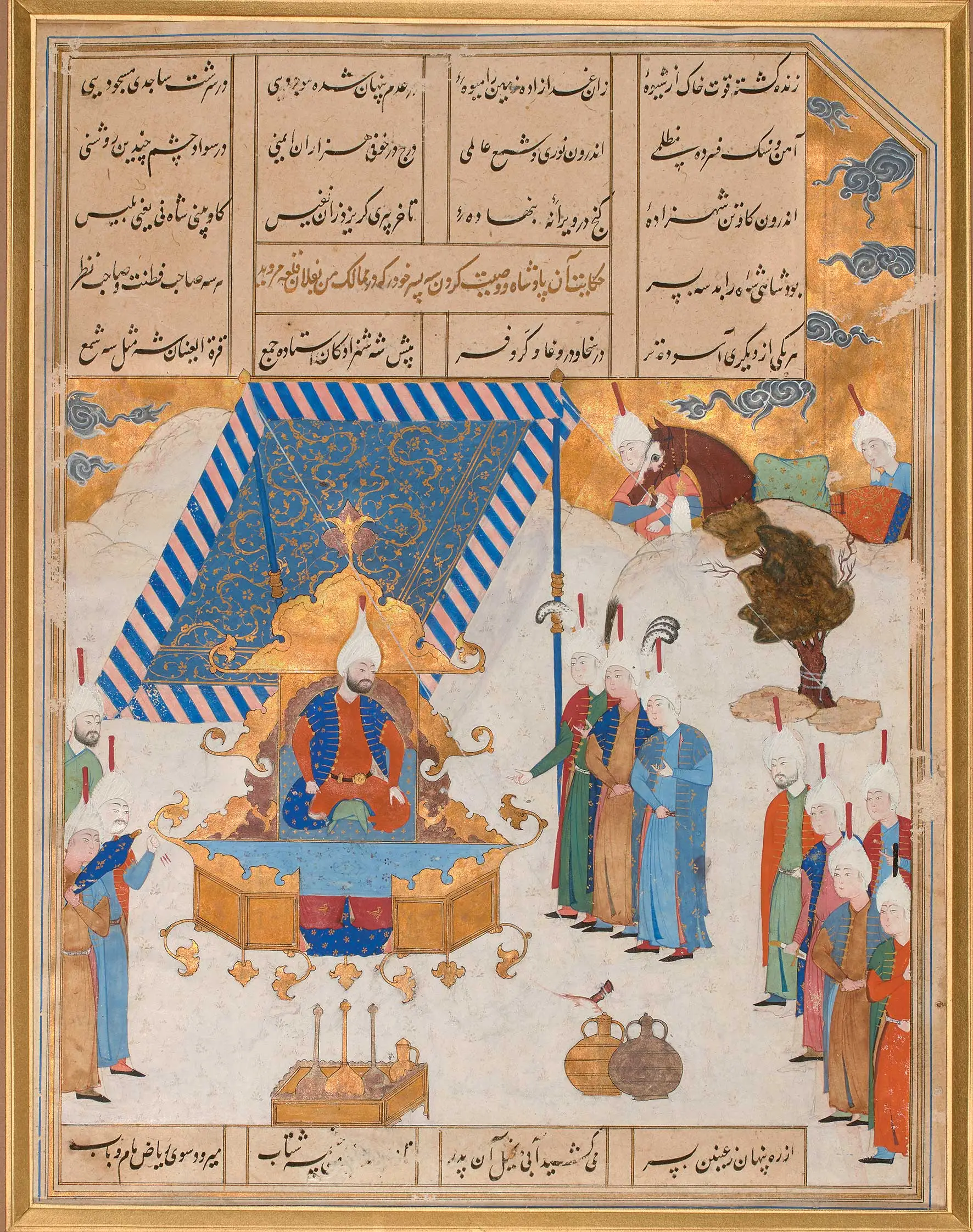 Rumi’s spiritual lineage can be traced back to the prophet Muhammad through his father, Baha ud-Din Walad, who was a renowned Islamic scholar and Sufi mystic. Sufism, the mystical branch of Islam, emphasizes the inner, spiritual dimensions of the faith and seeks to cultivate a direct, personal experience of the divine through practices such as meditation, chanting, and ritual dance.
Rumi’s spiritual lineage can be traced back to the prophet Muhammad through his father, Baha ud-Din Walad, who was a renowned Islamic scholar and Sufi mystic. Sufism, the mystical branch of Islam, emphasizes the inner, spiritual dimensions of the faith and seeks to cultivate a direct, personal experience of the divine through practices such as meditation, chanting, and ritual dance.
Rumi’s encounter with Shams-e Tabrizi, a wandering Sufi dervish, had a profound impact on his spiritual development. Shams’s unconventional and ecstatic approach to spirituality awakened in Rumi a deep love for the divine and a yearning for spiritual union. The intense spiritual connection between Rumi and Shams transcended the traditional teacher-student relationship and became a model for the Sufi ideal of the lover and the beloved.
After Shams’s mysterious disappearance, Rumi channeled his grief and longing into his poetry, which became a vehicle for expressing the ineffable experiences of the spiritual path. Rumi’s poetry is deeply rooted in the Sufi tradition, employing symbols, metaphors, and allusions that would have been familiar to his contemporaries.
Rumi’s Influence on Islamic Thought and Beyond:
Rumi’s influence on Islamic thought and spirituality cannot be overstated. His poetry and teachings have shaped the development of Sufism and inspired countless seekers across the Islamic world. The Mevlevi Order, founded by Rumi’s son Sultan Walad, became one of the most prominent Sufi orders in the Ottoman Empire and continues to preserve and propagate Rumi’s spiritual legacy to this day.
Beyond the Islamic world, Rumi’s poetry has found resonance with people of diverse faiths and backgrounds. His universal themes of love, unity, and the search for the divine have made him one of the most widely-read poets in the world. Rumi’s works have been translated into numerous languages and have influenced poets, philosophers, and mystics across cultures and centuries.
In the 20th and 21st centuries, Rumi’s popularity has surged, particularly in the West, where his poetry has been adapted into various forms, including music, dance, and visual art. The universal appeal of Rumi’s message lies in its ability to transcend religious and cultural boundaries and speak directly to the human heart’s longing for love, connection, and transcendence.
Rumi’s Poetry and the Language of Symbolism:
Rumi’s poetry is characterized by its rich symbolism and metaphorical language. He employs a wide range of images and symbols drawn from nature, everyday life, and the Islamic spiritual tradition to convey the ineffable experiences of the soul’s journey toward the divine.
Some of the most prominent symbols in Rumi’s poetry include:
1. The Lover and the Beloved:
Representing the soul’s longing for union with the divine.
2. The Wine and the Cup:
Symbolizing the intoxicating experience of divine love and the vessel of the human heart.
3. The Reed Flute:
Representing the soul’s yearning for its source and the music of divine inspiration.
4. The Mirror:
Symbolizing the reflection of the divine in the human soul and the need for self-knowledge.
5. The Garden:
Representing the beauty and abundance of the spiritual world and the cultivation of the inner life.
By employing these and other symbols, Rumi creates a vivid and evocative landscape of the spiritual journey, inviting the reader to explore the depths of their own soul and discover the presence of the divine within.
The Power of Love in Rumi’s Teachings:
Love is the central theme and driving force in Rumi’s poetry and spiritual teachings. For Rumi, love is not merely an emotion but a cosmic principle that underlies all of creation and draws the soul back to its divine source. In his view, the purpose of human life is to awaken to the reality of love and to allow it to transform every aspect of one’s being.
Rumi’s poetry often speaks of the pain and suffering that arise from the illusion of separateness and the ego’s resistance to love. He encourages his readers to embrace the pain as a necessary part of the spiritual path and to trust in the transformative power of love to heal the wounds of the soul.
In Rumi’s vision, the lover and the beloved are ultimately one, and the journey of love is a journey of self-discovery and self-transcendence. By surrendering to love, the soul sheds its false identities and attachments and discovers its essential unity with the divine.
The Relevance of Rumi’s Philosophy on Psychotherapy and Modern Psychology:
One of Rumi’s central messages revolves around the concept of self-discovery and self-awareness. He encourages individuals to embark on an inward journey, to explore the depths of their souls, and to uncover the divine essence within. This message aligns with the principles of modern psychology, which emphasizes the importance of self-reflection, self-awareness, and personal growth.
In the field of psychotherapy, particularly in the humanistic and existential approaches, Rumi’s teachings find a strong resonance. His emphasis on embracing one’s authentic self and embracing life’s experiences with acceptance and compassion echoes the humanistic principles of self-actualization and personal growth. Therapists often draw inspiration from Rumi’s poetry to foster self-acceptance, empathy, and a deeper understanding of the human experience among their clients.
Rumi’s message of love and unity resonates with the principles of positive psychology, which focuses on cultivating well-being, resilience, and positive emotions. His poetry celebrates the beauty of human connections and the power of love to transcend boundaries and unite individuals. This message aligns with the positive psychology principles of fostering meaningful relationships, compassion, and a sense of belonging, which are essential for overall well-being.
Furthermore, Rumi’s teachings on the importance of letting go and embracing the present moment resonate with the principles of mindfulness and acceptance-based therapies. His poetry encourages individuals to release their attachments to the past and future, and to fully embrace the present moment with all its richness and complexity. This message aligns with the mindfulness practices advocated by modern psychotherapies, which aim to cultivate present-moment awareness, non-judgmental acceptance, and emotional regulation.
In the realm of transpersonal psychology, which explores the spiritual and transcendent aspects of human experience, Rumi’s teachings hold particular significance. His mystical poetry speaks of the divine within, the unity of all beings, and the potential for transcendence. These themes resonate with the transpersonal approach, which seeks to integrate spirituality and personal growth, fostering a deeper connection with the self and the universal consciousness.
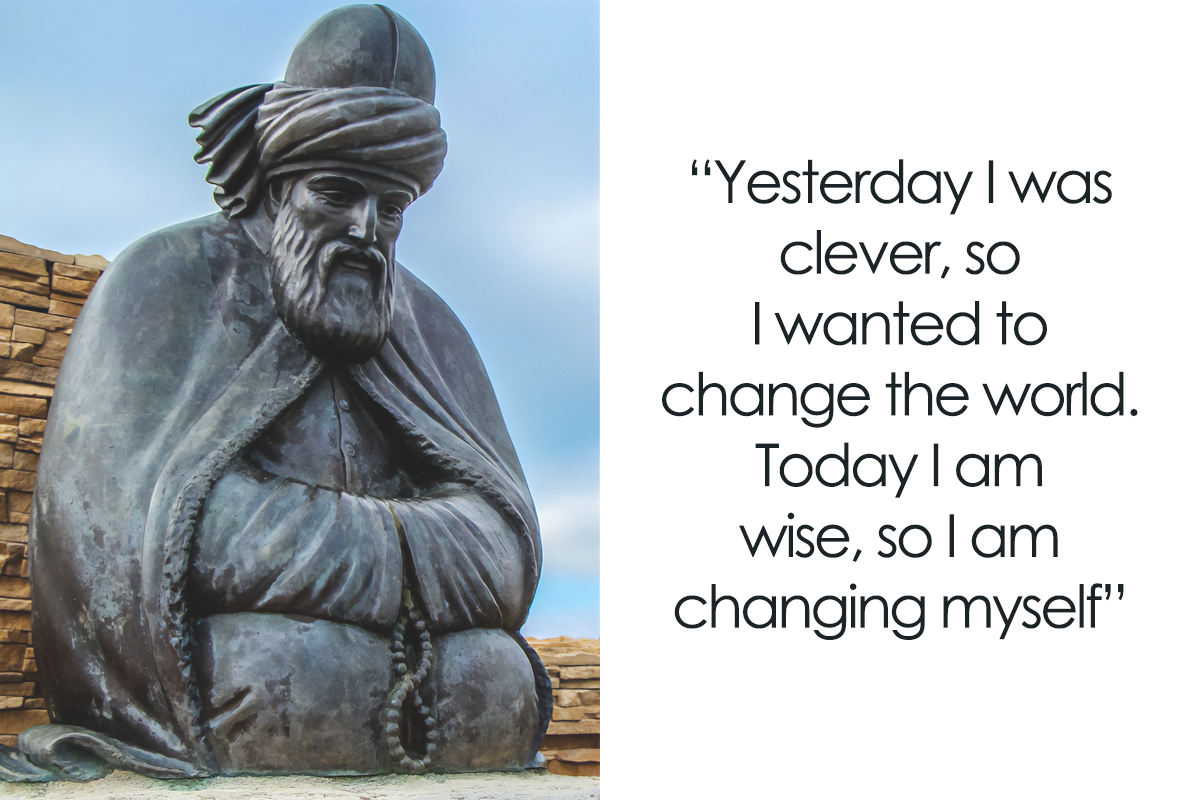
The Relevance of Rumi’s Message for Today:
Rumi’s message of love, unity, and spiritual transformation is as relevant today as it was in the 13th century. In a world marked by division, conflict, and materialism, Rumi’s poetry offers a timeless reminder of the power of love to heal, connect, and transform.
For those seeking personal growth and spiritual development, Rumi’s teachings provide a roadmap for the inner journey. By engaging with his poetry and practices, individuals can cultivate a deeper relationship with their own soul, awaken to the presence of the divine within, and discover the transformative power of love.
In the field of psychotherapy, Rumi’s insights into the nature of the self, the role of suffering in spiritual growth, and the importance of self-knowledge and self-acceptance can inform approaches that integrate the spiritual and psychological dimensions of healing. By drawing on Rumi’s wisdom, therapists can help clients navigate the challenges of the inner journey and find meaning and purpose in their lives.
At a collective level, Rumi’s vision of unity and interconnectedness can inspire a more compassionate and inclusive approach to the challenges facing humanity. By recognizing the essential oneness of all beings and the transformative power of love, we can work towards building a world that values diversity, justice, and the sacred nature of all life.
Rumi’s mystical poetry and spiritual teachings have left an indelible mark on the world, transcending time, culture, and religious boundaries. His message of love, unity, and the search for the divine continues to inspire and transform countless lives, offering a timeless guide for the soul’s journey toward wholeness and connection.
By exploring the resonance between Rumi’s teachings and the insights of Jungian psychology, we can deepen our understanding of the spiritual dimensions of the human experience and the path of personal transformation. Rumi’s poetry reminds us that the journey of self-discovery is ultimately a journey of love, and that by embracing the fullness of our humanity, we can awaken to the divine presence that dwells within us all.
As we navigate the challenges and complexities of the modern world, Rumi’s wisdom offers a beacon of hope and a call to embody the transformative power of love in our lives and our world. By opening our hearts to the mystery and beauty of existence, we can join in the timeless dance of the soul and contribute to the collective awakening of humanity.
Read More Depth Psychology Articles:
Taproot Therapy Collective Podcast
Mystics and Gurus
Bibliography:
Rumi. (Various editions). The Masnavi.
Rumi. (Various editions). Diwan-e Shams-e Tabrizi.
Rumi. (Various editions). Fihi Ma Fihi (Discourses of Rumi).
Further Reading:
Schimmel, A. (1992). I Am Wind, You Are Fire: The Life and Work of Rumi. Shambhala Publications.
Chittick, W.C. (1983). The Sufi Path of Love: The Spiritual Teachings of Rumi. State University of New York Press.
Barks, C. (2004). The Essential Rumi. HarperOne.
Lewis, F.D. (2000). Rumi – Past and Present, East and West: The Life, Teachings, and Poetry of Jalâl al-Din Rumi. Oneworld Publications.
Mojaddedi, J. (2017). Rumi: A New Translation of Selected Poems. Penguin Classics.
Helminski, K. (2000). The Rumi Collection: An Anthology of Translations of Mevlana Jalaluddin Rumi. Shambhala Publications.
Jung, C.G. (1958). Psychology and Religion: West and East. Routledge.
Wilber, K. (2000). Integral Psychology: Consciousness, Spirit, Psychology, Therapy. Shambhala.
Vaughan-Lee, L. (1995). Sufism: The Transformation of the Heart. The Golden Sufi Center.
Frager, R. (1999). Heart, Self, and Soul: The Sufi Psychology of Growth, Balance, and Harmony. Quest Books.
Nasr, S.H. (2007). The Garden of Truth: The Vision and Promise of Sufism, Islam’s Mystical Tradition. HarperOne.
Chittick, W.C. (2005). The Sufi Doctrine of Rumi. World Wisdom.
Harvey, A. (1994). The Way of Passion: A Celebration of Rumi. North Atlantic Books.
Helminski, C.A. (2003). Women of Sufism: A Hidden Treasure. Shambhala Publications.
Chodkiewicz, M. (1993). An Ocean Without Shore: Ibn Arabi, The Book, and the Law. State University of New York Press.



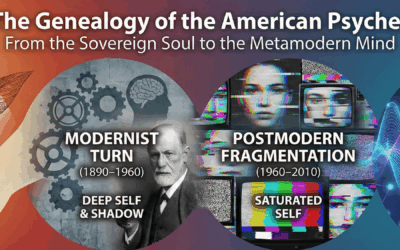
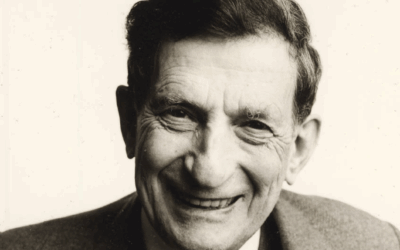
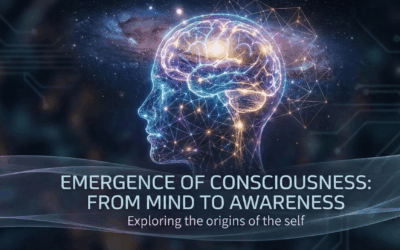

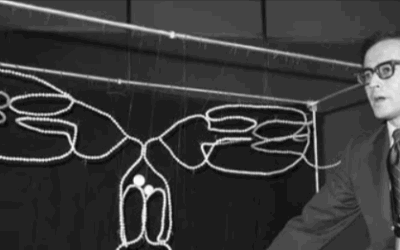


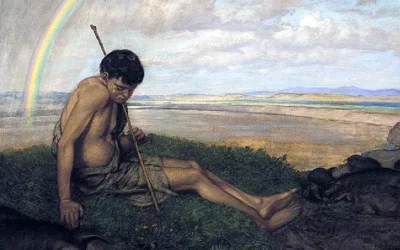
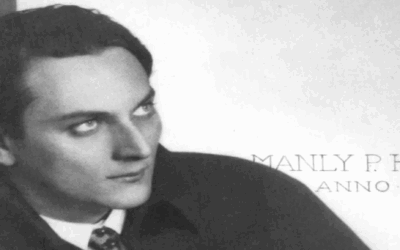



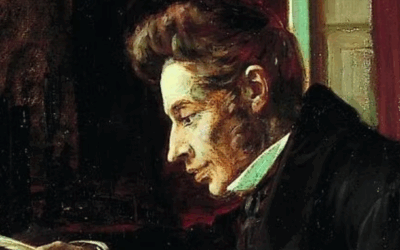



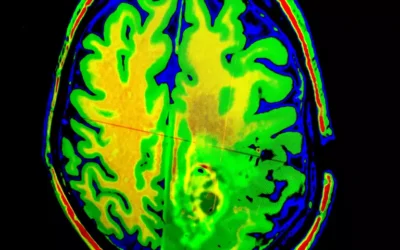
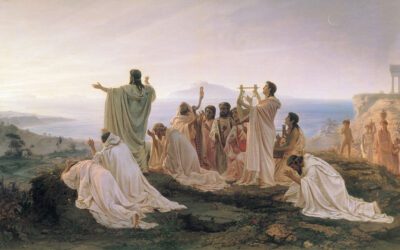







0 Comments